#William Roper
Explore tagged Tumblr posts
Text
Guest Post - Aimee Fleming on Margaret More Roper
Today I welcome Aimee Fleming to the blog. Aimee’s first book, ‘The Female Tudor Scholar and Writer: The Life and Times of Margaret More Roper’ has just been published on 9th July 2024. I’m delighted that my second book, ‘Tudor Executions: From Nobility to the Block’ shares a publication date with Aimee’s first book! Aimee has very kindly written a post about something we possibly didn’t know…

View On WordPress
#Aimee Fleming#Book#Guest Post#Margaret More#Margaret More Roper#Margaret Roper#Pen and Sword#Scholar#Sir Thomas More#Thomas More#Tudor#Tudors#William Roper#writer
0 notes
Text
AKAI SOLO - Endless (prod. Roper Williams)
5 notes
·
View notes
Text
Fun Facts. 100% verified.
The singing voice of Laurie Partridge on the Partridge Family was provided by Patti Smith.
In Vermont, a macchiato is just maple syrup and Cool Whip.
William the Conquerer attributed his victory at the Battle of Hastings to his profound dislike of the nickname "William the Succumber".
The most typical question at Harvard admissions interviews is "Tell me about the first time you had a waiter fired".
Virginia Woolf fell into a deep depression when a teenager in a jewelery store called her “Mrs. Dall-a-No-way”.

(Mural of the Ropers at the Houston Methodist Hospital, 1975)
#the ropers#houston#virginia woolf#Harvard#william the conqueror#vermont#patti smith#partridge family
3 notes
·
View notes
Video
youtube
YL - LAST ONE STANDING (PROD. ROPER WILLIAMS)
4 notes
·
View notes
Text

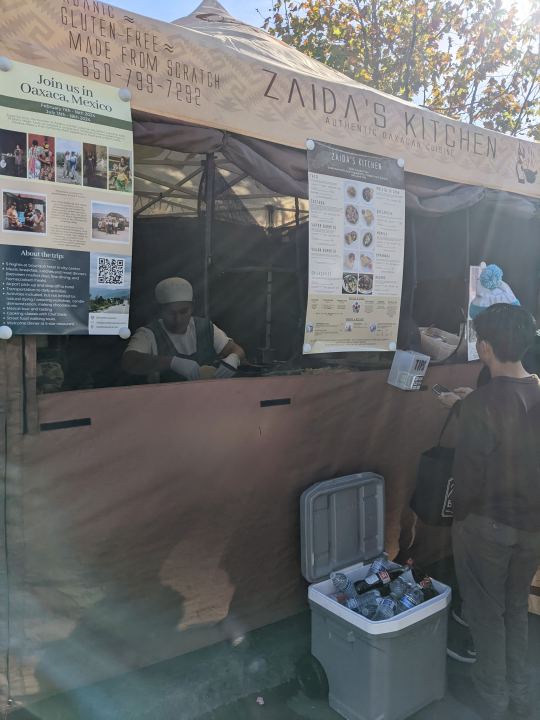

I walked to the local Farmers Market to get breakfast (see above). While walking, I listened to these joints. Happy Saturday.
#memelas#oaxacan food#sunnyvale#san franciso bay#broadcast#andrew#cohenbeats#quelle chris#roper williams#yl#fatboi sharif#akai solo
1 note
·
View note
Text
Today's commute was quite the challenge, but we do tend to persevere, don't we? 😉 Today's boots brought a bit of Australia to America. The R.M. Williams boot looks like a roper but has a taller shaft. 🖤 They call it the Executive for a reason. You all enjoy the rest of your day, bootmen. 👊



44 notes
·
View notes
Text
So I showed the early stuff off a bit a few months back, but I've finally completed the first draft of Act 1 of my Lancer adventure path, Kindness of Strangers! The deets can be found on the pilot net discord, but:
LRBT-III, otherwise known as Blanche to the locals. This sun-baked dustbowl of a planet has the high honor of being one of the few habitable terrestrial bodies that anyone has discovered in the Long Rim- and probably the only one that's actually any use to anyone. Luckily- or not so luckily, if you ask some people- it was Union that found it first. Well, about 70 years ago when they stumbled across this star system they got it in their heads that the Long Rim's days were numbered. There’s untold millions living out there scattered along the emptiest shipping lane in the known galaxy who'd need a way out once no one needed to pass them by, and by Christ the Buddha Union was gonna be there for them waiting with open arms.
All of that is background, though. You? You’re a bunch of mercenaries who got their hands on a couple of GMSes, decided to make your manna selling violence for pay. Worlds like Blanche don't take to colonies very well, so even two generations in there's still plenty of frontier out there being settled and railroad tracks being laid. The people out there struggle day by day to survive, and people like you are there to protect them from those who got sick of the hard life. Not everyone out there has the guts to stand up for the little guy- that's why you're called Lancers.
A setting and a campaign all in one, Kindness Of Strangers and its (eventual) follow-up Dancing With the Devil are a series of Wild West-themed 2-mission adventures intended to take players from 0-12 as they find themselves embroiled in the midst of a corporate conspiracy to overthrow the Union-backed government of the isolated colony of Blanche and a ploy to seize control over a nearly completed Blinkstation. All the while, a strange religious movement worshipping an eons-dead alien civilization grows ever more influential in the background...
This campaign tackles themes of colonialism, nationalism, corruption, and conflict between indigenous peoples, settlers, and immigrants, all in a world where well-meaning intentions have gone sour and the ghosts of the past have come back to haunt it. It comes with:
- A setting guide for LRBT-III and its weird-as-hell star system!
- A 0-12 campaign split up into two books, Kindness of Strangers and Dancing With the Devil, that are made up of three 2-mission adventures each. And then a final mission to tie things up.
- 4 Alt-Frames: the IPS-N Nemo, the SSC Painted Lady, the Horus Roper, and the HA Grant (still working on these)
- New Reserves! (still working on these)
- New Exotic Gear (still working on these)
- New NPCs! (still working on these)
Things to look forward to:
- Rallying a town to fight off a horde of bandits!
- An epic duel at sunset!
- Accidentally walking into a partial metavault and escaping with the only scars being mental ones!
- A weird amount of references to the works of Tennessee Williams and Arthur Miller, like a probably legally dubious amount!
- Exploding plants!
- Exploding wildlife!
- The **CHRISTHEBUDDHASAURUS**
- Helping striking miners fight off Pinkertons!
- Investigating the bombing of a water filtration plant!
- AND MORE
...so this is really my first time doing this kind of thing so I don't entirely know what all to put here BUT I've put together first drafts of both the Field Guide to LRBT and Kindness of Strangers Act 1: A Streetcar Named Desire. They're not in any state where I can charge for them- I'd call them "playtest and editing ready" rn- but I figure I can share them here so people can give notes. If people think it's cool I could possibly do a kickstarter or something to get the money needed for art and help with editing and lcps and such.
Field Guide to LRBT:
Kindness of Strangers Act 1: A Streetcar Named Desire:
#lancer#lancer ttrpg#lancer rpg#third party content#huge success for me!!!#im happy to finally be ready to share it
24 notes
·
View notes
Text
The Lost Book of Spells - Spellbooks and Rituals
The Internet Book of Shadows
History of Magic by Eliphas Levi (1860)
The Greek Magical Papyri (500bce)
Magic, White and Black - by Franz Hartman (1904)
Charms, Charmers and Charming - An International Study by Jonathan Roper (2008)
Art and Science of Personal Magnetism Book by William Walker Atkinson (1912)
The Book of Black Magic by Arthur E. Waite (1898)
Egyptian Book of the Dead by E. A. Wallis Budge (1913)
The Grimoire of Honorius by Honorius
The Ancient Book of Formulas (1940)
Egyptian Magic by E.A Wallis Budge (1890)
The Book of the Goetia of Solomon the King by Crowley, Aleister (1904)
Gypsy Sorcery and Fortune Telling by Charles Godfrey Leland
Secret Spells of the Romany Gypsies
Magick Potions
47 notes
·
View notes
Text
Sailor Nicknames
Part 1 is here
Wart - Midshipman
Snotty nurse - Lieutenant
Mistress Roper - Marine
Bullock - Marine
Grabby - Marine
Turkey - Marine
Killick- a leading sailor
Buntings- signalman
Up and at em - Chatham
Pompey- Portsmouth
Guzz- Devonport
Jonathan- an American Sailor
Spithead Nightingale - Bosun
Jossman - Master at Arms
Crushers- Master at Arms mates
Butterboxes- Dutch Sailors
Charly Noble- galley funnel of a ship
Bloody Flag- old action flag
Duster- Red Ensign
Butcher- Admiral
Foul Weather Jack- Admiral Byron
Sea Wolf- Admiral Lord Cochrane
Sailor King- King William IV
Mr. Whip - Admiral Cornwallis
Black Dick- Admiral Lord Howe
Squid- Sailor name from the Marines
Scratcher- Clerk
Jack Shaloloo- braggart
Slops- ready made clothes
Sticks- Drummer
121 notes
·
View notes
Text
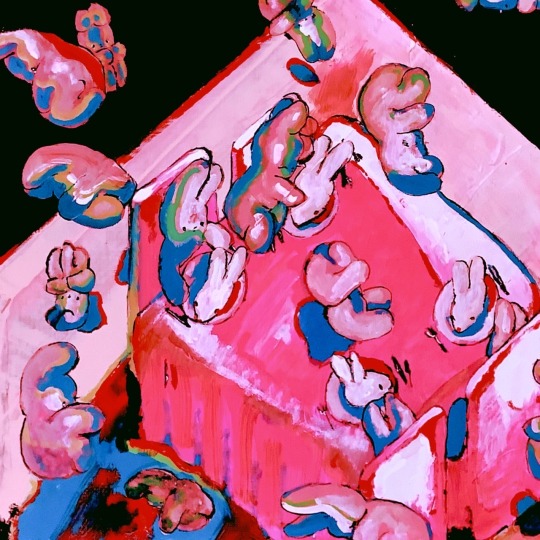
Roper Williams artwork
26 notes
·
View notes
Text
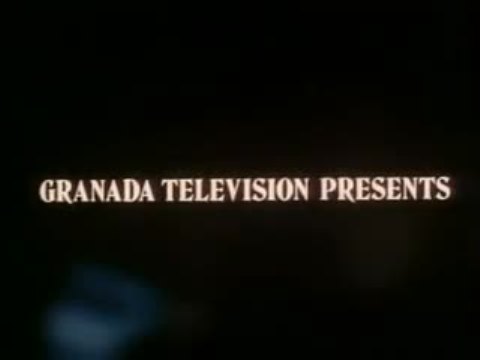



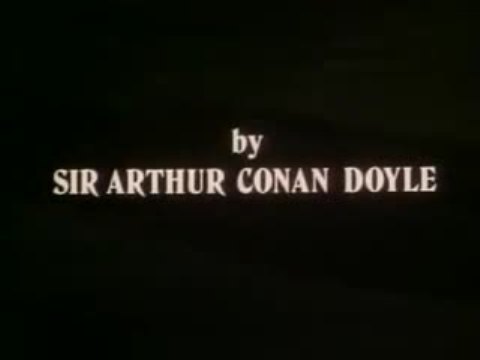

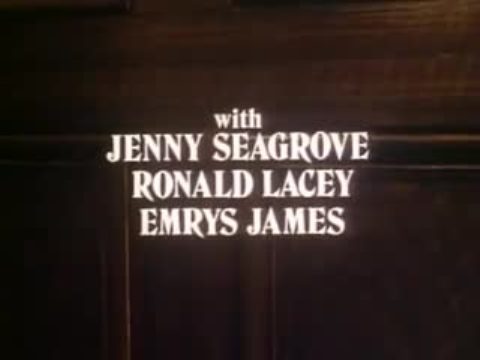

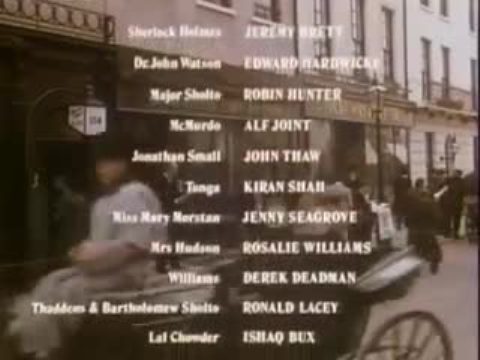
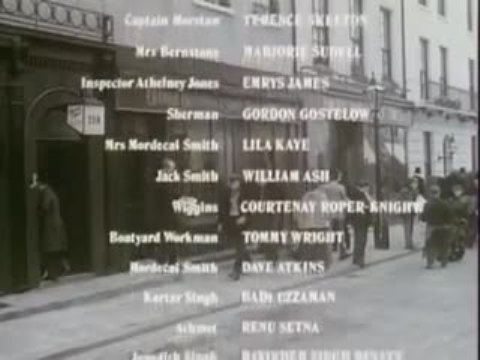
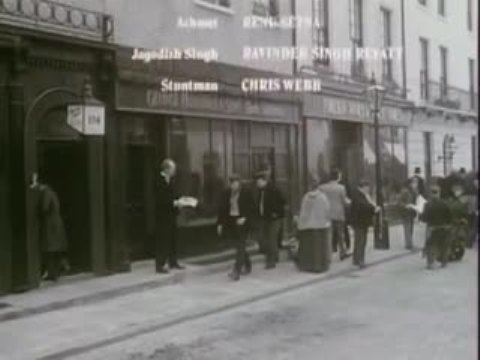
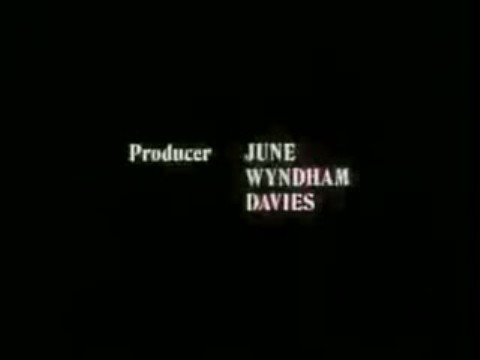
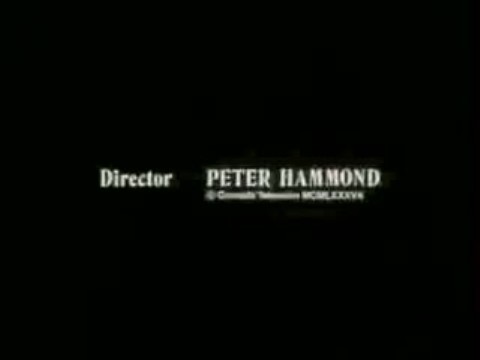


The Sign of Four - ITV - November 29, 1987
Mystery
Running Time: 103 minutes
Stars:
Jeremy Brett as Sherlock Holmes
Edward Hardwicke as Dr. John H. Watson
Rosalie Williams as Mrs. Hudson
Robin Hunter as Major Sholto
Ronald Lacey as Thaddeus and Bartholomew Sholto
John Thaw as Jonathan Small
Kiran Shah as Tonga
Jenny Seagrove as Miss Mary Morstan
Terence Skelton as Captain Morstan
Emrys James as Inspector Athelney Jones
Dave Atkins as Mordecai Smith
William Ash as Jack Smith
Lila Kaye as Mrs. Smith
Courtney Roper-Knight as Wiggins
#The Sign of Four#TV#ITV#1987#1980's#Mystery#Jeremy Brett#Edward Hardwicke#Jenny Seagrove#John Thaw#Ronald Lacey
10 notes
·
View notes
Audio
Fatboi Sharif & Roper Williams - Po Pimping Do Or Die (ft. Bruiser Wolf)
8 notes
·
View notes
Text
Do you know Thomas More?
I was in a play and had the role of one of his daughters. In the script, though, his name was misspelled as 'Thomas Moore,' so I was like, 'Wait, Elizabeth Moore?' I looked him up and found out that his daughters are actually named Margaret, Elizabeth, and Cicely.
Margaret married William Roper, Elizabeth married William Dauncy, and Cicely married Giles Heron.
Isn't that strange?
Elizabeth More -> Elizabeth Moore
Cicely -> Cecily
Giles -> Gabriel
Heron -> Herondale.
6 notes
·
View notes
Video
youtube
YL - YOKE (PROD. ROPER WILLIAMS)
0 notes
Text
This week's edition of What's Good is up with a lot of good stuff, including new albums from Cavalier & Child Actor, Maxo Kream, Roper Williams, new singles from clipping., FKA twigs, and Anna Wise. Plus, Kim Kelly interviews Ripped To Shreds' Andrew Lee about his anime-inspired grindcore project, Passion of the Weiss interview Martin Rev, and Bruiser Brigade gives us a mini-doc for J.U.S. and Squadda B's 3rd Shift.
youtube
youtube
youtube
youtube
youtube
youtube
3 notes
·
View notes
Text
Double Dragon Revive ‘TGS 2024 Gameplay Introduction’ trailer, screenshots - Gematsu

Publisher Arc System Works and developer Yuke’s have released a new trailer and screenshots for Double Dragon Revive, which will be playable at Tokyo Game Show 2024 from September 26 to 29 at Makuhari Messe in Chiba, Japan.
The screenshots introduce playable characters Billy Lee (voiced by Kazuyuki Okitsu) and Jimmy Lee (voiced by Takehito Koyasu), and enemy characters Roper (voiced by Jun Fukushima), Abobo (voiced by Yuki Onodera), Williams (voiced by Egashira Hiroya), Joji (voiced by Shota Yamamoto), Anh (voiced by Natsumi Fujiwara), and Minh (voiced by Rika Tachibana), as well as the combat mechanics “Basic Attack,” “Grab,” “Special Moves,” “Mid-Air Special Moves,” “Super Special Moves,” and “Critical Assault.”
Double Dragon Revive is due out for PlayStation 5, Xbox Series, PlayStation 4, Xbox One, and PC via Steam in 2025. Read more about the game here.
Watch the trailer below. View the screenshots at the gallery.
Tokyo Game Show 2024 Gameplay Introduction Trailer
English
youtube
Japanese
youtube
2 notes
·
View notes